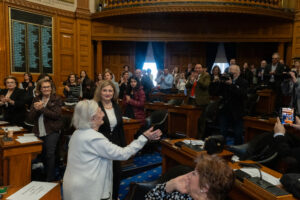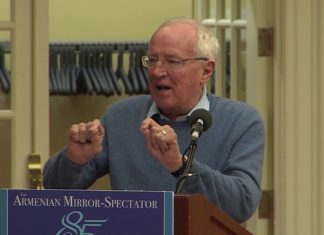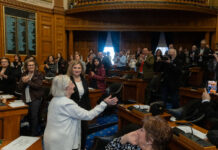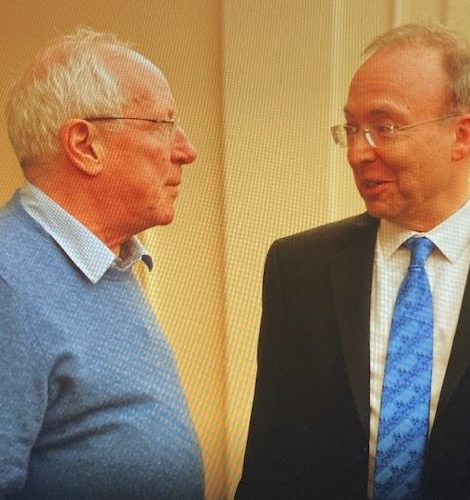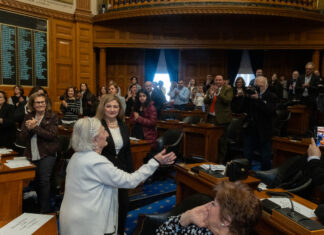DUBLIN, Ireland (Combined Sources) — Robert Fisk, a veteran Middle East correspondent for The Independent and the most celebrated journalist of his era, died on October 30 after an illness. He was 74.
Fisk was renowned for his courage in questioning official narratives from governments and publishing what he uncovered in frequently brilliant prose.
He joined The Independent in 1989 from The Times and rapidly became its most recognizable writer and searched-for byline. He continued to write for The Independent until his death in Dublin.
Christian Broughton, editor of The Independent until last week and now managing director, said: “Fearless, uncompromising, determined and utterly committed to uncovering the truth and reality at all costs, Robert Fisk was the greatest journalist of his generation. The fire he lit at The Independent will burn on.”
Much of what Fisk wrote was controversial, something he appeared to savor. In 2003, as the US and UK prepared for the invasion of Iraq, Fisk went to the United Nations in New York, where he watched then Secretary of State Colin Powell make an unimpressive case for war.
“There was an almost macabre opening to the play when General Powell arrived at the Security Council, cheek-kissing the delegates and winding his great arms around them,” he wrote. “Jack Straw fairly bounded up for his big American hug.”
